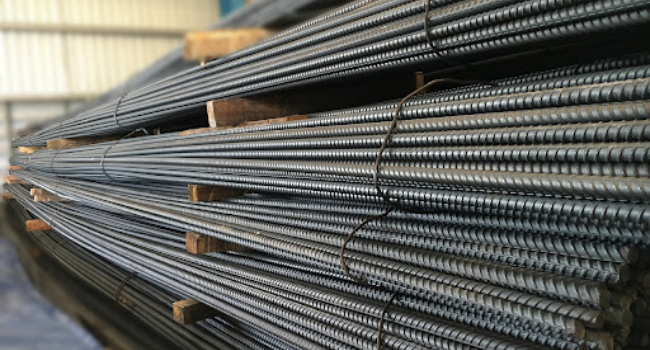Germany has expressed support for the European Union’s proposals to increase tariffs on foreign steel imports, particularly from China, as the bloc grapples with the impact of cheap imports on its steel industry. Chancellor Friedrich Merz made the announcement on Thursday following discussions with key stakeholders from the steel industry in Berlin.
According to Merz, the proposed measures are a step in the right direction, and he pledged to back them to the fullest extent possible. He hopes that the implementation of these regulations will help address the challenges faced by the European steel industry. The EU has been struggling to compete with cheap steel imports, mainly from China, which have been flooding the market and affecting the competitiveness of European steel producers.
The European Union has been exploring ways to protect its steel industry, including the imposition of tariffs on foreign imports. The proposed tariffs are intended to level the playing field and prevent unfair trade practices. The move is seen as a crucial step in supporting the European steel industry, which is a significant sector in the EU’s economy.
The steel industry is a vital component of the European economy, providing employment opportunities and contributing to the region’s economic growth. However, the sector has been facing significant challenges in recent years, including overcapacity, cheap imports, and rising production costs. The EU’s proposals to increase tariffs on foreign steel imports aim to mitigate these challenges and ensure the long-term sustainability of the industry.
The European Commission will need to finalize the proposals and negotiate with member states to implement the new tariffs. The outcome of these discussions will be crucial in determining the future of the European steel industry. As the EU continues to navigate the complexities of global trade, the introduction of tariffs on foreign steel imports is likely to have significant implications for the industry and the broader economy.
